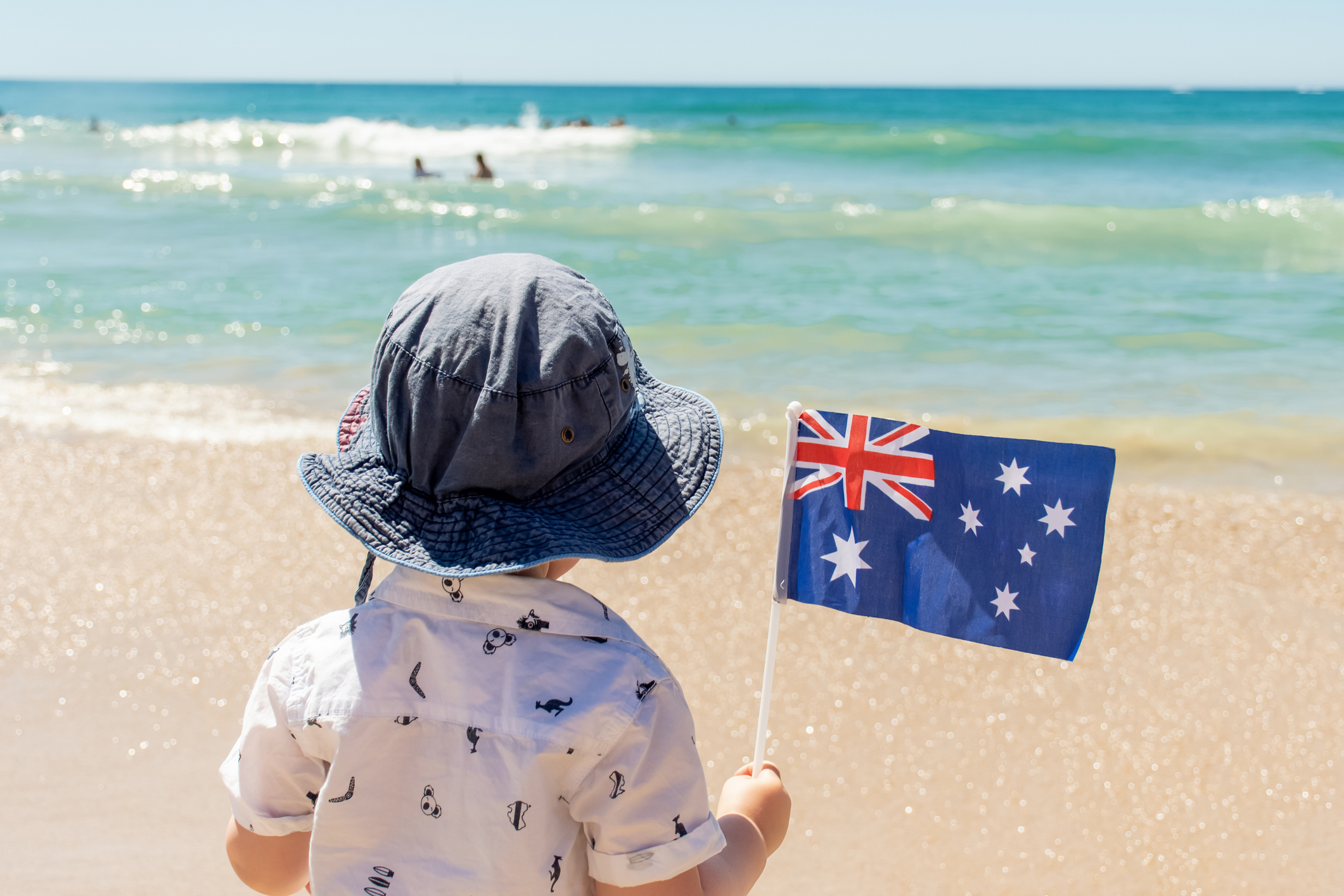
Most developed countries today offer some amount of support for new parents to take time off work just before and after childbirth or adoption.
Australia’s Senate just passed legislation on Monday to extend its total paid leave offered to new parents to 26 weeks, instead of the current 20 weeks, beginning in 2026.
For parents of children born after July 1, 2024, the new scheme will provide four weeks of maternity leave (leave offered specifically to mothers or primary caregivers), four weeks of paternity leave (leave offered specifically to fathers or partners), and up to 14 weeks of parental leave (which is typically defined as supplementary to maternity or paternity leave and can be taken by either parent). The amount of parental leave will increase by two weeks every year until 2026, and the rate of pay is equivalent to the national minimum wage—around A$882.75 ($580) per week.
“The government has made great strides to ensure the scheme is more accessible, flexible and gender-equitable for Australian families,” Social Services Minister Amanda Rishworth said in a press release announcing the scheme, which is expected to benefit more than 180,000 families each year.
Read More: Men and Women Use Parental Leave Differently. They’re Judged Differently for It, Too
The passage of the bill on Monday comes as the Australian government tries to address concerns about the financial strain that newborn children place on families. Earlier this month, authorities announced that employees on parental leave will soon be offered superannuation, the contribution that employers make in a nationwide mandatory savings system, while they are away from work.
The amount of leave that parents can take at the same time will also be increased from two weeks to four to create more flexibility in the sharing of household responsibilities, authorities said.
“Our policy will give families more leave and more flexibility, to ensure the system works in a way that’s best for them,” said Prime Minister Anthony Albanese in the press release on Monday. “A parental leave system that empowers the full and equal participation of women will be good for business, good for families and good for our economy.”
In Australia, new parents are entitled to 12 months of unpaid parental leave—though some companies offer their own paid leave.
How Australia compares to other countries
All but one of the 38 member countries in the Organisation for Economic Co-operation and Development (OECD) provide some kind of paid leave for new parents—whether maternity leave, paternity leave, parental leave, or some combination. The notable exception is the United States, which only provides up to 12 weeks of unpaid parental leave, meaning federal law allows new parents to take time off from work without pay, though many private employers offer their own version of paid parental leave as a benefit to employees.
While Greece offers the most paid maternity leave in the OECD, at 43 weeks, according to a 2022 report, Sweden—the first country to do away with gender-specific leave for new parents in 1974—offers the most total paid parental leave, with each parent entitled to up to 240 days of paid leave (and a single parent entitled to 480 days). The OECD average, according to the 2022 report, is 2.3 weeks of paid paternity leave, 18.5 weeks of paid maternity leave, and 39 weeks of paid parental leave.
While Australian authorities’ announcement on Monday was lauded by advocates, some say more needs to be done.
“It still has a fair way to go. We need to make sure that we lift the payments that people receive so it’s higher than the minimum wage,” Michele O’Neil, the president of the Australian Council of Trade Unions, told the Australian Associated Press about the leave increase, as she called for the scheme to be expanded to 52 weeks. “We want to see continued improvements in our paid parental leave scheme.”
More Must-Reads from TIME
- Cybersecurity Experts Are Sounding the Alarm on DOGE
- Meet the 2025 Women of the Year
- The Harsh Truth About Disability Inclusion
- Why Do More Young Adults Have Cancer?
- Colman Domingo Leads With Radical Love
- How to Get Better at Doing Things Alone
- Michelle Zauner Stares Down the Darkness
Contact us at letters@time.com